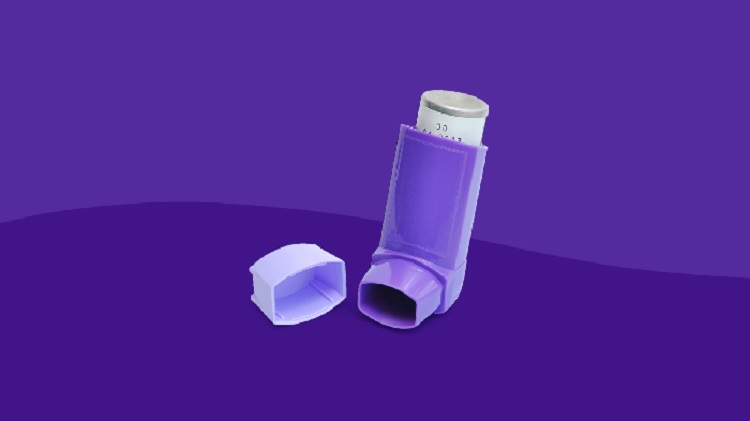Determining whether your dissertation topic is achievable requires careful consideration and evaluation of various factors. While I can provide you with some guidelines, it’s important to consult with your advisor or mentor for specific advice tailored to your field of study. Take do my dissertation service or read here are some steps you can take to assess the feasibility of your dissertation topic:
Research Existing Literature:
Conduct a comprehensive literature review to understand the current state of research in your chosen area. Identify any knowledge gaps, unanswered questions, or areas where further investigation is needed. This step will help you determine whether there is enough existing research to support your dissertation topic.
Define Clear Objectives:
Clearly define the objectives and research questions of your dissertation. Your objectives should be specific, measurable, achievable, relevant, and time-bound (SMART). This will help you assess the feasibility of your research within the available time, resources, and scope of your study.
Assess Available Resources:
Consider the resources available to you, such as time, funding, data, equipment, and access to research participants or materials. Evaluate whether you have the necessary resources to complete your research successfully. If there are any limitations, explore alternative approaches or consider narrowing down your research scope.
Consult with Your Advisor:
Your dissertation advisor plays a crucial role in guiding you through the research process. Discuss your topic, objectives, and research plan with your advisor. They can provide valuable insights and help you determine the achievability of your dissertation topic based on their expertise and experience.
Consider Methodology and Data Collection:
Evaluate the research methods and data collection techniques required for your dissertation. Consider the practicality of implementing these methods within the available time-frame and resources. Ensure that your chosen methods align with your research objectives and will provide meaningful results.
Conduct a Pilot Study:
Consider conducting a pilot study or a small-scale preliminary investigation. This will allow you to test your research design, methodology, and data collection instruments. The results of the pilot study can help you identify any potential challenges, refine your research approach, and assess the feasibility of your dissertation topic.
Evaluate Timelines and Deadlines:
Break down your research into manageable phases and create a timeline for each phase. Consider the duration required for data collection, analysis, and writing. Ensure that your timelines align with any deadlines set by your academic institution.
Seek Feedback from Peers:
Present your dissertation topic and research plan to your peers or colleagues in your field. Their feedback can provide valuable insights and help you identify any potential challenges or limitations that you may have overlooked.
By following these steps, you can gain a better understanding of the achievability of your dissertation topic. Remember that it’s normal for the research process to involve adjustments and refinements along the way, so be open to adapting your topic as needed.
Author Bio:
Anne Gill is an author who can write my assignment on various subjective blogs. She is famous for being among the finest academic experts and offers help with my subjects at MyAssignmenthelp.co.uk. In addition, Gill loves plants and gardening.
Read Also: 11 Signs Your Relationship With Dissertation Writing Is Toxic











